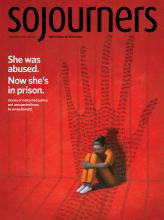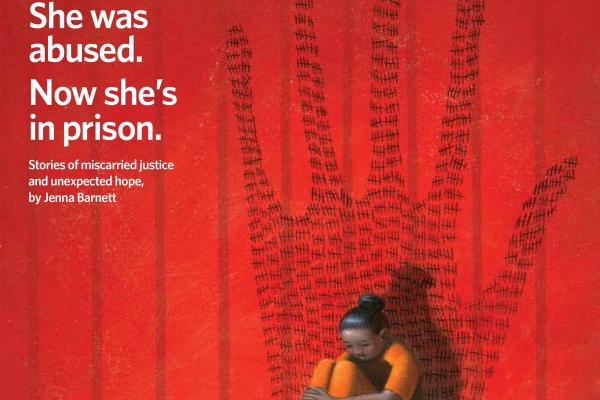IT'S NOT ONE of the Bible stories people often talk about. The tragedy of Tamar, a young woman who was raped by her half-brother and told to “be quiet” while those in authority refused to seek justice on her behalf, is recounted in 2 Samuel 13. We learn in scripture that Tamar became “a desolate woman.”
Read the Full Article

Already a subscriber? Login
